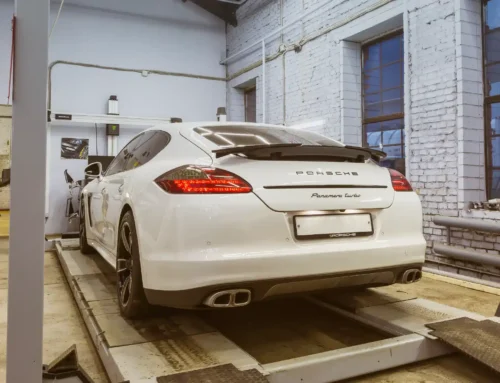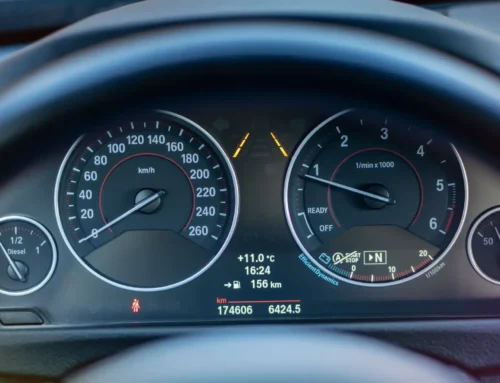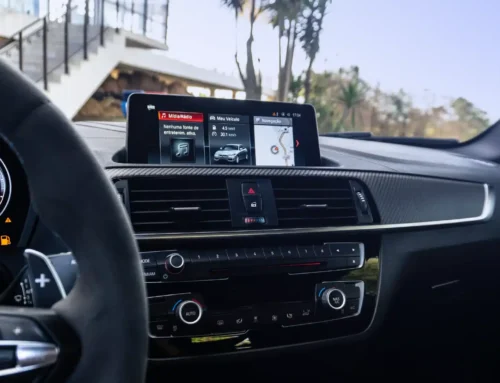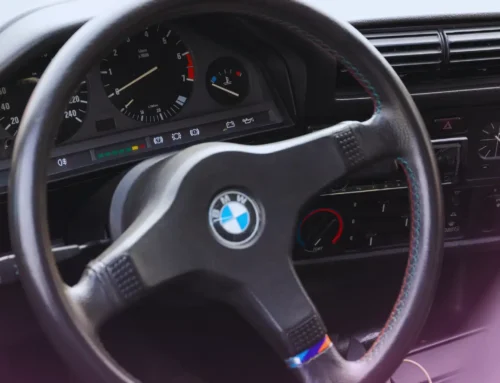When it comes to maintaining your European vehicle, the choice between OEM (Original Equipment Manufacturer) parts and aftermarket parts can significantly impact your car’s performance, reliability, and your wallet. If you’ve ever searched for a “foreign car shop near me,” understanding these options will help you make the best decision for both your car and your budget.
What Are OEM Parts?
OEM parts are made by the same manufacturer that built your vehicle or by a supplier that meets the automaker’s exact specifications. These parts are identical to those your car was originally equipped with, ensuring a precise fit and consistent performance.
Key Benefits of OEM Parts:
- Guaranteed Compatibility: Designed specifically for your make and model, ensuring seamless installation and operation.
- High Quality: Manufactured to strict standards, often with rigorous quality control and certification from the carmaker.
- Warranty Protection: Typically comes with a manufacturer’s warranty, offering peace of mind.
- Resale Value: Using OEM parts can help maintain your vehicle’s resale value, as buyers often prefer cars with factory-approved components.
Considerations:
- Higher Cost: OEM parts are usually more expensive than aftermarket alternatives.
- Availability: Sometimes harder to source, especially for older or less common European models.
What Are Aftermarket Parts?
Aftermarket parts are produced by third-party companies not affiliated with the original car manufacturer. These parts can range from direct replacements that mimic OEM specifications to performance upgrades or budget-friendly alternatives.
Key Benefits of Aftermarket Parts:
- Affordability: Generally more budget-friendly, making them attractive for cost-conscious owners.
- Variety and Availability: A wide range of options, from basic replacements to high-performance upgrades, is often readily available.
- Comparable Quality: Many reputable aftermarket manufacturers produce parts that meet or exceed OEM standards, often passing strict quality checks.
Considerations:
- Variable Quality: Quality can vary significantly between brands; not all aftermarket parts offer the same durability or fit as OEM.
- Warranty Differences: Warranty coverage may differ or be less comprehensive than OEM warranties.
- Potential Fit Issues: Some aftermarket parts may not fit as precisely, potentially affecting performance or requiring modifications.
OEM vs Aftermarket: Which Is Right for Your European Car?
Fit & Compatibility
- OEM: Exact, model-specific fit
- Aftermarket: May vary; some brands match OEM specs
Quality Assurance
- OEM: Built to strict manufacturer standards
- Aftermarket: Varies by brand; some equal or exceed OEM quality
Warranty
- OEM: Backed by manufacturer warranty
- Aftermarket: Varies; often limited or none
Cost
- OEM: Higher price point
- Aftermarket: Lower, more budget-friendly
Availability
- OEM: Sometimes limited to dealerships or specialty shops
- Aftermarket: Widely available from many sources
Resale Value
- OEM: Helps maintain vehicle value
- Aftermarket: May not impact or could reduce resale value
How to Choose the Best Parts for Your European Car
- Prioritize OEM parts if you want guaranteed fit, optimal performance, and maximum resale value, especially for newer or high-end models.
- Consider aftermarket parts if you’re looking to save money, need a quick repair, or want performance upgrades. Always choose reputable brands and consult a trusted foreign car shop near you for recommendations.
Trust Foreign Affairs Auto, LLC for Expert Advice
At Foreign Affairs Auto, LLC, we understand the unique needs of European vehicles. Whether you prefer OEM or high-quality aftermarket parts, our experienced technicians will help you make the right choice for your car and your budget. Next time you search for a “foreign car shop near me”, remember that our team is dedicated to keeping your European car running smoothly—while helping you save money.
Contact us today to schedule your service or get expert advice on OEM vs aftermarket parts for your European vehicle.





